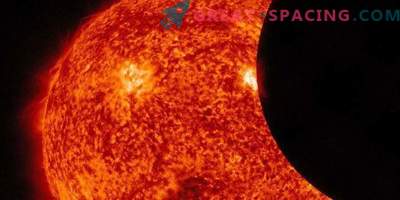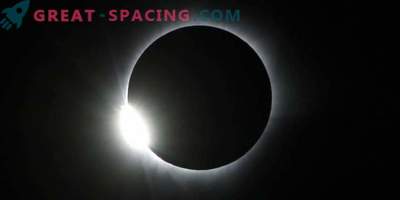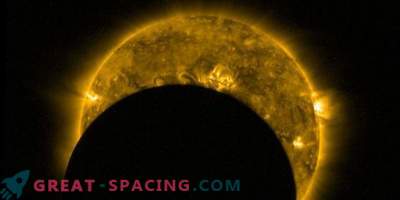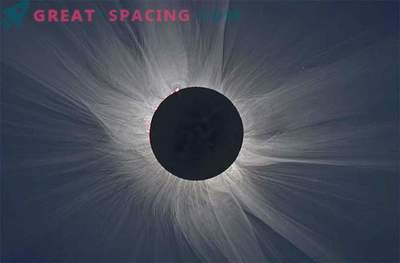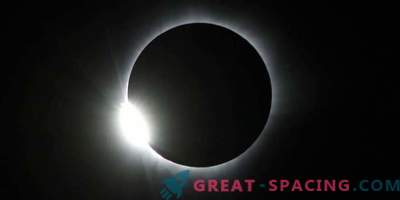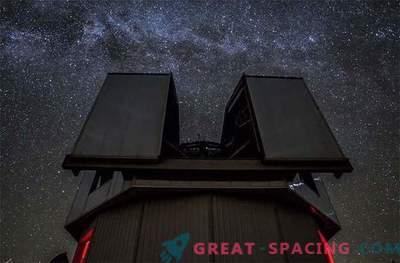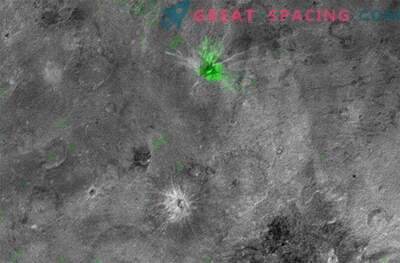
Millions of people are ready to join the solar eclipse study, which is expected on August 21. This is a large-scale event, since all of America will plunge into a shadow 113 km wide.
With the development of modern technology and the availability of video cameras, smartphones and the Internet, scientists will receive a huge amount of information from all points of the country, but also the world. In the history of mankind, there was not yet a moment when such an array of people joined the study.
Amateur Images
The most popular project is Eclipse MegaMovie. This is an agreement between Google and the University of California (Berkeley). The goal is to collect images from eyewitnesses and create a 93-minute video of the eclipse across the country.
There is also a Citizen Continental-America Telescopic Eclipse (CATE) project. These are volunteers from various educational institutions and laboratories, which will be installed at special points on the eclipse route. They will be equipped with special equipment to get high-quality images. The magnitude of interest eclipse in August compared with landing on the moon in 1969. On August 21, the satellite will pass between the Earth and the Sun, blocking the light and creating a shadow. This is the perfect moment, as researchers can explore the outer solar atmosphere (the crown). NASA again warns about security measures, such as special solar filters.
Interest of scientists
Of course, amateur photography is only an addition to scientific work. Many space scientists and university representatives expressed their desire to participate. It is known that the event will be observed by government aircraft, as well as infrared devices, to determine the magnetism and thermal structure of the corona.
In addition, they will use a camera onboard the DSCOVR, located at a distance of 1.4 million km. The satellites of Terra and Aqua will join him.
This preparation can be considered preliminary to a larger event. In 2024, another eclipse is expected in the United States.






